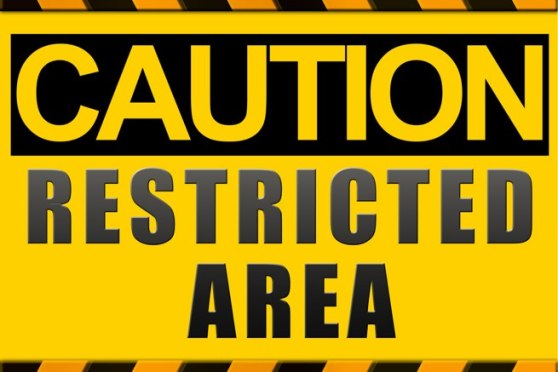The SEC Issues Alert For Reverse Mergers

On June 9, 2011, the Securities and Exchange Commission (the “SEC”) issued an Investor Bulletin (the “Bulletin”) cautioning the public about risks associated with issuers that enter U.S. markets through reverse mergers with public shell companies.
In the news release announcing the Bulletin, Lori J. Schock, the Director of the SEC’s Office of Investor Education and Advocacy was quoted as saying, “Given the potential risks, investors should be especially careful when considering investing in the stock of reverse merger companies … As with any investment, investors should thoroughly research the company – including ensuring there is accurate and up-to-date information – before making a decision to invest.” Read More
SEC Proposes New Rules Regarding General Solicitation and Advertising in Rule 506 Offerings

On August 12, 2012, the SEC proposed amendments to Rule 506 of Regulation D of the Securities Act of 1933, as amended (“Regulation D”) that would allow issuers to use general solicitation and advertising in certain private securities offerings. The proposals were mandated by the JOBS Act, and will allow the use of general solicitation and advertising in offerings made pursuant to Rule 506, as long as all purchasers of securities in the offering are accredited investors as defined in Rule 501(a) of Regulation D of the Securities Act.About Rule 506 Offerings.
Rule 502(c) of Rule 506 prohibits the use of general solicitation or advertising in connection with any offer or sale made pursuant to Rule 506. The proposal will exempt Rule 506 offerings from the prohibition against general solicitation and advertising contained in Rule 502(c), provided all of the investors are accredited investors. Read More
Industry Guide 7 l Mining Company Disclosures

In their SEC filings, in addition to the disclosures required by Regulation S-K and 20F, mining issuers must include the disclosures required by Industry Guide 7. All U.S mining companies that are SEC filers are required to report under its rules. Although there is widespread discontent with the guide among mining professionals, so far the SEC has been resistant to calls for change. The guide is divided into three sections. The first contains definitions. These definitions include the terms “reserve,” “proven (measured) reserves,” and “probable (indicated) reserves.” Generally, the SEC prohibits the disclosure of quantitative estimates for all mineral deposits other than proven and probable reserves unless such information is by foreign or state law. Guide 7 also defines the three stages of mining as “exploration,” “development” and “production” Read More
What Is a Transfer Agent ? Going Public Lawyers

A shareholder of any company can own securities and transfer the ownership of those securities. Their ownership is reflected on the issuer’s shareholder list. A transfer agent’s role is to issue and cancel certificates to reflect changes in ownership of securities and to act as an intermediary for the company. A registrar’s job is to maintain the issuer’s register for each issuance, transfer or cancellation. A registrar records the name, address and tax identification or social security number of each individual and entity holder. Typically the transfer agent and registrar are the same entity.
Under State Corporate law, public companies must maintain a record of shareholders; they often hire a transfer agent for that purpose. Transfer agents have to confirm the number of shares outstanding and the identity, tax id number, address and holdings of record owners entitled to vote. Because transfer agents are intermediaries between public companies and their shareholders, it is critical for secondary trading that transfer agent operations are efficient and their records are accurate. Read More
Crowdfunding And The JOBS Act

On April 5, 2012, President Obama signed the Jumpstart Our Business Startups Act (the “JOBS Act”), into law. The JOBS Act is comprised of a number of smaller bills that reduce the regulatory burdens confronting emerging companies in private and public financings. The JOBS Act creates sweeping changes to the Securities Act of 1933, as amended (Securities Act), the Securities Exchange Act of 1934, as amended (Exchange Act), and other laws and regulations. Read More
 Jobs Act 101
Jobs Act 101